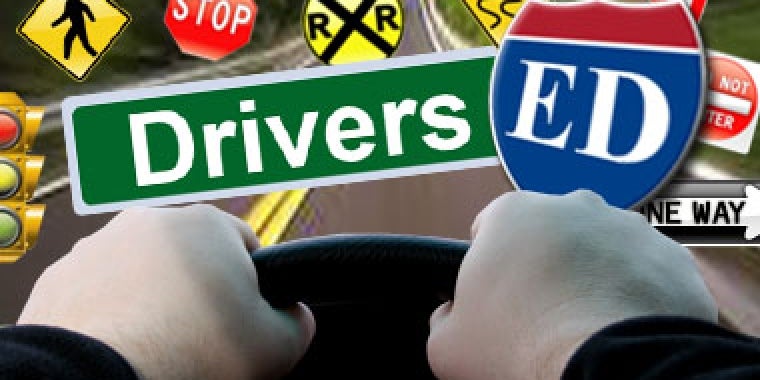
Con Edison Prepares for Irene’s Move on New York City, Westchester
Martin J. Golden
August 27, 2011
Monitoring electric, gas & steam for outages
NEW YORK – As Hurricane Irene approaches New York, Con Edison is closely monitoring the storm’s progress and preparing for the possibility of extensive outages to electric, gas, and steam customers. The company is urging all New Yorkers to strictly adhere to evacuation orders from local officials.
The storm’s high winds have the potential to topple trees and power lines throughout the company’s service area. Con Edison crews are moving extra equipment such as utility poles, transformers, and cable to staging areas throughout the five boroughs and Westchester County to help expedite repairs and restoration of service in the event of outages.
As the hurricane moves closer, the company will evaluate the possibility of preemptively shutting down critical facilities, such as substations, in low-lying areas as a precaution to prevent severe damage to sensitive equipment that would prolong restoration if the storm knocks out power. Con Edison will also assess the feasibility of shutting off gas and steam mains that could become flooded.
As part of the region’s mutual-aid program, Con Edison has made arrangements to secure 400 crews from other utilities to assist with service restoration. Con Edison emergency-response personnel are also on standby at strategic locations throughout New York City and Westchester County to immediately begin assessing damage once the storm has passed and it’s safe to move around the area. The company expects damage assessment to take at least 24 hours, once the storm passes.
Click here to see how one Con Edison facility is preparing for the hurricane: http://youtu.be/MUOrsK2gBm4.
Customers can use their cell phones and PDAs to report power interruptions or service problems as well as view service restoration information at www.conEd.com. They may also call Con Edison at 1-800-75-CONED (1-800-752-6633). When reporting an outage, customers should have their Con Edison account number available, if possible, and report whether their neighbors also have lost power.
Click here to learn more on how to report an outage: http://coned.com/videos/index.asp?ID=92c87efdff732d37c203fc77706a657b
In the event of major flooding, the company will have to wait for waters to recede before workers can enter some facilities to begin assessing equipment damage. As equipment is dried and determined safe to energize, the highest priority for restoration will be given to critical customer facilities that have an impact on the general public such as mass transit, hospitals, police and fire stations, and sewage and water-pumping stations.
Con Edison continues to work closely with New York City on its evacuation efforts. Click here for the New York City Office of Emergency Management’s hurricane preparedness website, which provides information about what to do in the event of a hurricane, where to go for shelter, and who needs to evacuate: http://www.nyc.gov/html/oem/html/ready/hurricane_guide.shtml.
The company is advising its customers to pay close attention to evacuation orders from local officials. Con Edison will continue to provide updates to the media and post important information at www.conEd.com. The company is working closely with the New York City Office of Emergency Management, the Westchester County Department of Emergency Services, and other city and municipal emergency officials.
To help customers prepare for the storm, Con Edison offers the following safety tips:
· If you see downed electrical wires, do not go near them. Treat all downed wires as if they are live. Never attempt to move or touch them with any object. Be mindful that downed wires can be hidden from view by tree limbs, leaves, or water.
· Report all downed wires to Con Edison and your local police department immediately. Call Con Edison at 1-800-75-CONED (1-800-752-6633) and 911. If a power line falls on your car while you’re in it, stay inside the vehicle and wait for emergency personnel.
· If your power goes out, turn off all lights and appliances to prevent overloaded circuits when power comes back on.
· Make sure your flashlights and any battery-operated radios are in working order, and keep a supply of extra batteries. Weather updates and news on power outages can be heard on most local radio and television stations.
· Avoid opening your freezer to see if food is still frozen. Every time you open the door, room-temperature air enters and speeds the thawing process. Most fully loaded freezers will keep food frozen for approximately 36 to 48 hours; half-full freezers will keep food frozen for approximately 24 hours.



